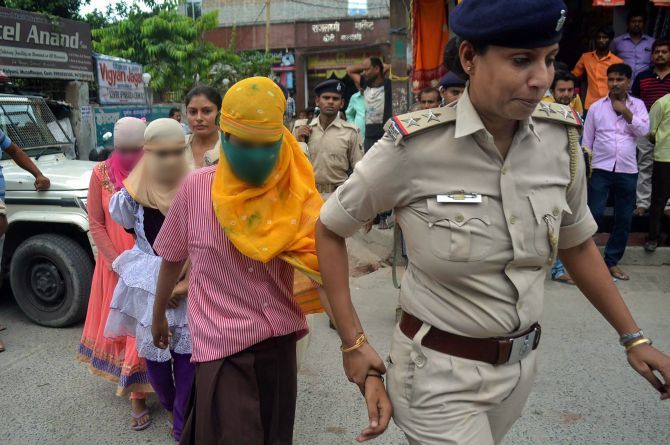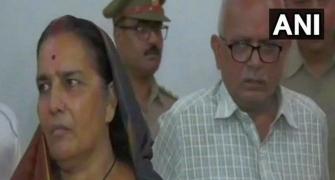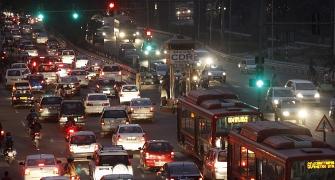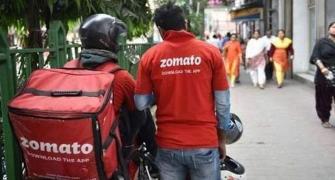
An anguished Supreme Court on Tuesday said that women and girls are getting raped “left, right and centre” across the country as it cited the National Crime Records Bureau data on four such incidents being reported per day, and stressed that action has to be taken stop such crimes.
The court directed that minor victims of such crimes should not be interviewed, except by the state child rights bodies, as it would have serious impact on their welfare and mental wellbeing, and also asked the print, electronic and social media not to publish or display photos of victims of sexual abuses, even in a blurred or morphed form, in any case across the country.
The apex court termed as “horrific” the case of alleged sexual abuse of girls in an NGO-run shelter home at Muzaffarpur in Bihar and pulled up the state government for funding such institution without verifying its credentials.
A bench headed by Justice Madan B Lokur asked the Ministry of Women and Child Development to apprise it about the proposed steps to be taken to prevent sexual abuse of minors in shelter homes across the country.
“What is to be done? Girls and women are getting raped left, right and centre. As per the NCRB data, 38,947 cases of rape were reported in 2016 which mean everyday, four women are raped. These are reported statistics,” the bench, also comprising justices Deepak Gupta and K M Joseph, said.
The bench said that the number of reported cases of rape in India was “disconcerting”.
The apex court, which has taken cognisance of the Bihar incident following a letter by a Patna-based man, said that minor victims of sexual abuse could only be interviewed by members of National Commission For Protection of Child Rights and State Commissions For Protection of Child Rights in presence of trained counsellors.
The bench said that its order would not preclude the investigating agency from conducting probe in this case but made it clear that they would be bound by the direction given by the apex court on August 2.
On August 2, the bench had said that investigation in the Muzaffarpur case be conducted with assistance of professional counsellors or qualified child psychologists appointed in consultation with the National Institute of Mental Health and Neurosciences Bangalore, Tata Institute of Social Sciences and AIIMS, Delhi.
During the hearing on Tuesday, the bench referred to reports about alleged sexual exploitation of girls at a shelter home in Deoria in Uttar Pradesh and girls being sold openly in Madhya Pradesh and observed that as per the NCRB statistics, Madhya Pradesh and Uttar Pradesh were the top two states as far as cases of rapes were concerned.
“This is a matter of great concern. Somebody has to take action to stop such crimes. Somebody has to do it. Every six hours, a women is raped in India,” the bench said and posted the matter for hearing on August 14.
The top court also pulled up Bihar government for funding the NGO running the shelter home in Muzaffarpur and asked why credentials of the organisation was not verified.
“All this means is that people are paying taxes and people’s money are being used for such activities. Can you imagine this?” the bench said, adding, “Why the state allowed it to happen? It seems that money was given by the state to finance such activities.”
Senior advocate Ranjit Kumar, appearing for Bihar, said that the state has taken necessary steps after the incident came to light.
The counsel representing TISS said that Muzaffarpur’s incident was not the only one in Bihar as out of 110 such NGO-run institutions in the state, “grave concerns” have been raised about 15 institutions which were government funded.
Kumar said that out of these 15 institutions, FIRs have been lodged in nine matters, including the one in Muzaffarpur shelter home, and people have been arrested in connection with these cases.
The bench suggested that “proper monitoring” of NGO run shelter homes should be done on a day-to-day basis and CCTV cameras should be installed in such institutions to prevent repeat of Muzaffarpur like incident.
The court also said that technology should be used for monitoring of shelter homes and studies done by UNICEF on these issues should also be looked into by the states.
“It (Muzaffarpur) is a horrific incident. We do not want such incidents to repeat in future,” the bench said about the Muzaffarpur case in which over 30 girls were allegedly raped at the shelter home run by Brajesh Thakur, the chief of the state-funded NGO.
Advocate Aparna Bhat, assisting the court as an amicus curiae, told the bench that wife of one of the accused in the case has disclosed the names of some of the alleged victims on her Facebook post.
The bench, while saying that action should be taken against the woman for posting such things on Facebook, asked the Bihar government to take appropriate steps.
The bench also pulled up the Delhi Commission for Women for interfering in the case and said it has no business to intervene.
“No politics should be involved in it,” the bench said.
The Bihar government said that Muzaffarpur case has been transferred to the CBI and the Patna high court was monitoring the probe.
The bench made it clear that it was not concerned with the probe and monitoring aspect and its only concern was about protection of child, particularly girls, residing in shelter homes run by the NGOs.









